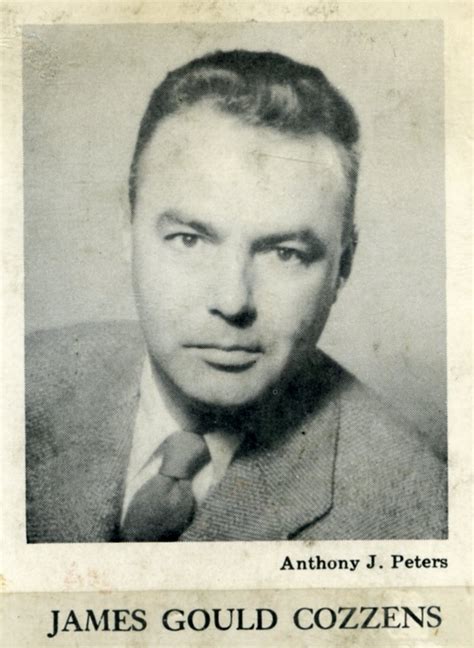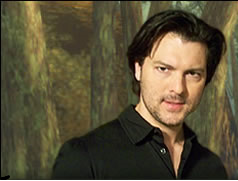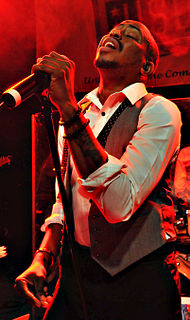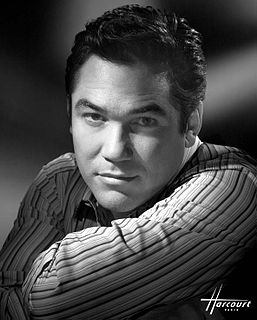A Quote by Sonequa Martin-Green
I do tend to be a leader in situations in my own life.
Quote Topics
Related Quotes
I read a ton of nonfiction. I tend to read about a lot of very extreme situations, life-or-death situations. I'm very interested in books about Arctic exploration or about doomed Apollo missions. I tend to read a lot of nonfiction that's sort of hyperbolic and visceral. And then I kind of draw on my own personal experiences and my own sort of generic life experience, and I kind of try to feed my day-to-day reality that I have with sort of high stakes reference points that I read about. They're things everyone can relate to.
Girls tend to attribute their failures to factors such as lack of ability, while boys tend to attribute failure to specific factors, including teachers' attitudes. Moreover, girls avoid situations in which failure is likely, whereas boys approach such situations as a challenge, indicating that failure differentially affects self-esteem.
Bailey might not have great intelligence or abilities, but his whole aim, thought and study was that of the born leader--to look out for himself; and he did it with that born-leader's confidence and intensity that draws along the ordinary uncertain man, who soon confuses his own interest and his own safety with that of the leader.
In some ways, I saw the garden as a metaphor for certain aspects of my life. A leader must also tend his garden; he, too, plants seeds, and then watches, cultivates, and harvests the results. Like the gardener, a leader must take responsibility for what he cultivates; he must mind his work, try to repel enemies, preserve what can be preserved, and eliminate what cannot succeed.
I think it's a bit of a myth that black Americans need one leader. We're not a monolith. And now that legal segregation and discrimination has been pretty much abolished there isn't the sort of universal mandate that a black leader would have. Black folks live in a wide variety of social situations right now.




































